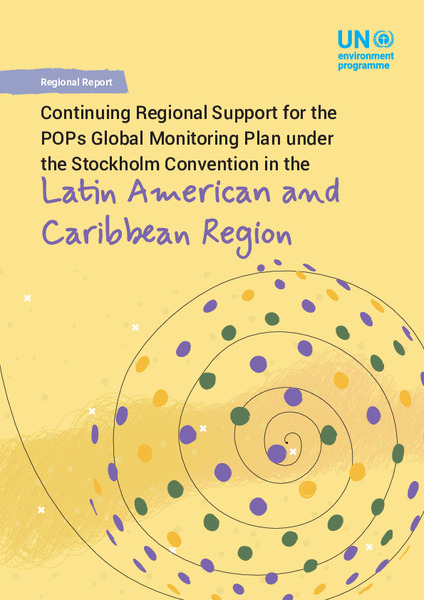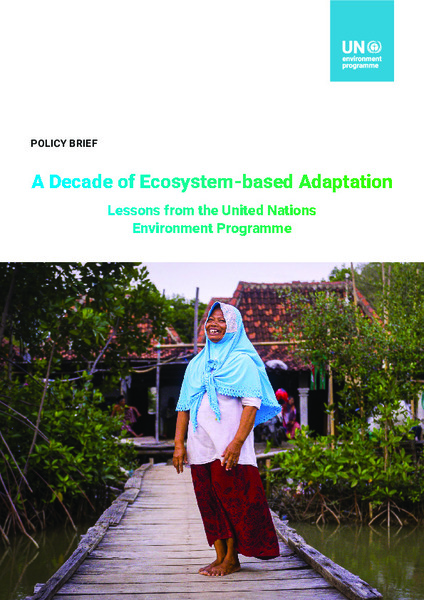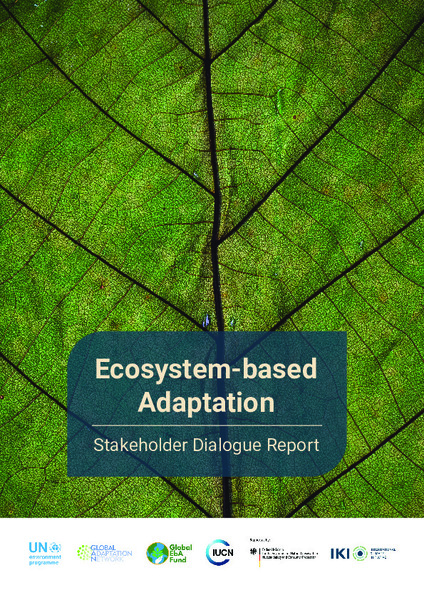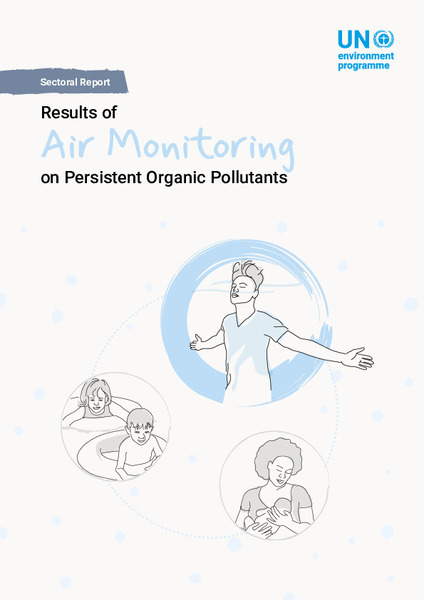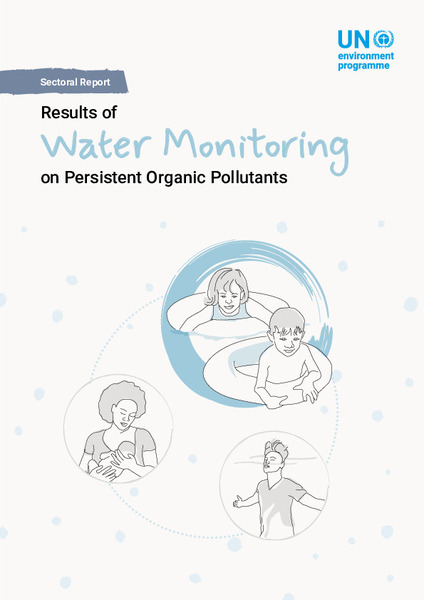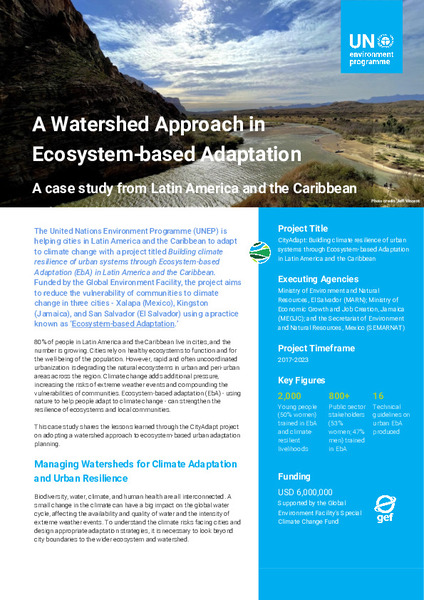Browsing Project Reports by Country/Region "Latin America and the Caribbean"
Now showing items 1-6 of 6
-
Continuing Regional Support for the POPs Global Monitoring Plan under the Stockholm Convention in the Latin American and Caribbean Region - Regional Report
(United Nations Environment Programme, 2024-04)Persistent organic pollutants (POPs) are characterized by certain toxic properties which include resistance to degradation in the environment, bioaccumulation across food chains and long-range transportation though air, ... -
A Decade of Ecosystem-based Adaptation: Lessons from the United Nations Environment Programme - Policy Brief
(2024-03)Over the past decade, the United Nations Environment Programme (UNEP) has embraced Ecosystem based Adaptation (EbA) in supporting climate change response projects across the world. The adoption by UNEP of the EbA approach ... -
Ecosystem-based Adaptation - Stakeholder Dialogue Report
(2023-04)Ecosystem-based adaptation is an approach that uses biodiversity and ecosystem services to help communities adapt to the impacts of climate change. For example, protecting coastal habitats like mangroves provides natural ... -
Results of Air Monitoring of Persistent Organic Pollutants - Sectoral Report
(United Nations Environment Programme, 2024-04)The Global Monitoring Plan (GMP) under the Stockholm Convention on POPs is a tool that collects information on POPs in the environment and in humans. The GMP is a key component of the effectiveness evaluation of the ... -
Results of Water Monitoring on Persistent Organic Pollutants - Sectoral Report
(2024-04)This report summarizes and assesses the results from four regional UNEP/GEF GMP2 projects coordinated and implemented by the United Nations Environment Programme (UNEP) to support implementation of the global monitoring ... -
A Watershed Approach in Ecosystem-based Adaptation: A case study from Latin America and the Caribbean
(2024-04)80% of people in Latin America and the Caribbean live in cities, and the number is growing. Cities rely on healthy ecosystems to function and for the well-being of the population. However, rapid and often uncoordinated ...


